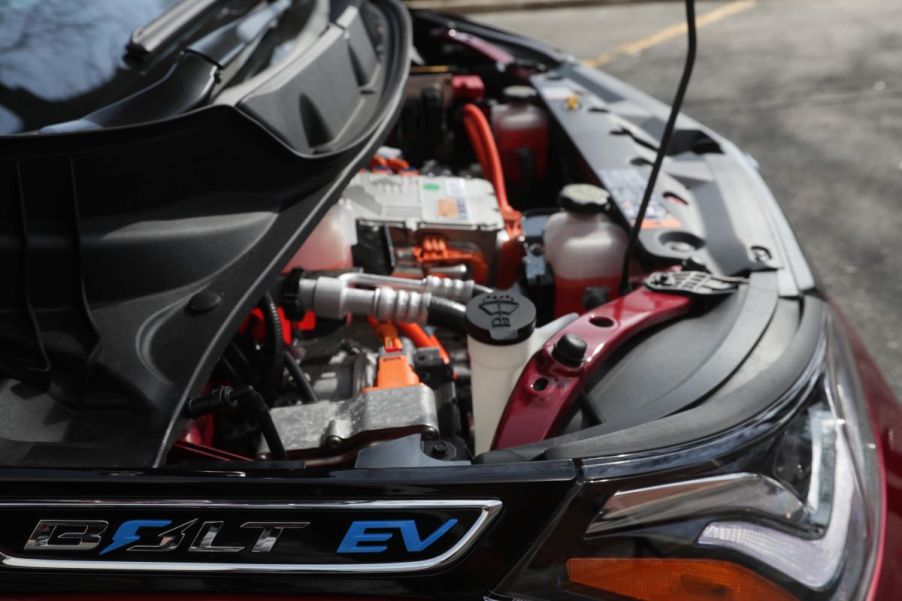
Do Electric Cars Need Oil Changes?
The automotive industry at large is rapidly marching toward an all-electric future, and the emerging popularity of electric vehicles (EVs) requires a new set of automotive know-how, both for drivers and service technicians. Additionally, gas-powered cars require some regular maintenance that EVs do not. Concurrently, electric cars necessitate some upkeep that doesn’t apply to gas-powered, or internal combustion engine (ICE), cars. Perhaps the most routine form of maintenance of gas-powered vehicles is oil changes. So, do electric cars require oil changes or an equivalent?
What happens during an oil change
Internal combustion engines have a bevy of moving parts and require lubrication in the form of motor oil to decrease friction. Less friction results in less generated heat, so a decrease in friction and heat protects the engine’s longevity. In fact, one run without oil can cause damage so severe it can completely destroy the vehicle’s engine.
Motor oil is required to keep an engine “running.” Still, over time, oil can degrade due to high temperatures and pressure, resulting in the oil becoming infiltrated with by-products of the combustion process, which are effectively contaminants. According to Endurance Warranty, degraded motor oil can lessen the longevity of an engine and can impact its performance and efficiency. As such, it’s important to “change” the motor oil — draining the old oil and installing new, clean oil — regularly to mitigate such potential issues.
During an oil change, the existing oil is drained. The oil filter is also replaced. As its name implies, the oil filter protects the engine from contaminants that may be present in the oil. Then, new oil is added, completing the critical car maintenance routine.
Do EVs require oil changes?
In short, no, electric cars do not require oil changes. According to Jiffy Lube, EVs are motivated by electricity, which is stored in the battery, turning into magnetic force using a current. Because there are no moving parts, unlike combustion engines, EV motors do not require motor oil for lubrication and, therefore, do not require oil changes.
However, there are other maintenance variations between internal combustion cars and EVs.
For instance, EV batteries should be maintained with a minimum 20% charge, and they should not regularly be charged over 80%. Regularly depleting the battery below 20% or charging it above 80% can lower the life expectancy of the EV battery pack. Charging above 80% also greatly decreases the efficiency of the charge itself. It should be noted that some EVs are equipped with battery coolant systems, and these should be checked and maintained by professional service technicians.
The brake systems for electric and gas-powered cars often operate differently and, therefore, have some variations in maintenance. Many EVs have a regenerative braking feature that slows the vehicle through motor resistance rather than purely clamping the brakes. Regenerative braking can actually decrease the typical wear and tear on brake systems, enabling the rotors and brake pads to have increased longevity. However, a braking system should be regularly maintained and checked no matter what powers a vehicle.
Concurrently, tires on electric vehicles may wear faster. This is due to electric cars weighing far more than their internal combustion counterparts. Additionally, the quicker acceleration of EVs can lead to faster degradation.
Do hybrid cars and PHEVs need oil changes?
A hybrid or plug-in hybrid car, truck, or SUV will still require oil changes. Hybrid models include at least one electric motor, but that’s paired with an internal combustion engine, hence the “hybrid” powertrain moniker. As such, hybrids and plug-in hybrids still require oil changes to maintain their internal combustion engine.




